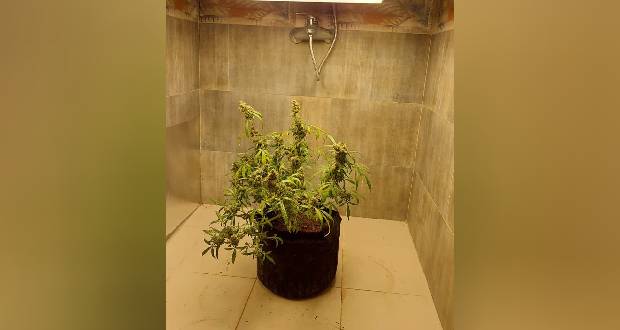Publicité
IMF warns against excessive reliance on BoM for crisis spending
Par
Partager cet article
IMF warns against excessive reliance on BoM for crisis spending

The International Monetary Fund (IMF) has warned against states faced with higher spending needs and lowered revenues and investor confidence in the wake of the Covid-19 crisis from relying too much on their central banks as a ready source of cash.
The warning came in the IMF’s regional economic outlook for Africa published this week with the international body noting that Mauritius, Ghana, and the Democratic Republic of the Congo had looked to their central banks to finance their crisis spending during the Covid-19 period. “Direct central bank lending to the government should be a last-resort mechanism” the IMF warned adding, “Moreover, it should be on market terms, restricted in time, and with an explicit repayment plan over the medium term. Otherwise, the monetizing of deficits risks undermining the long-term independence and effectiveness of the central bank”.
Even before Covid-19, in 2019 the Mauritian government said that it was taking Rs18 out of the reserves of the Bank of Mauritius to help finance its external debt obligations billion. In May this year, the BoM announced that it was providing the government with a “one-off” transfer of Rs60 billion to help stabilize the economy. The BoM said that the Rs60 billion would be raised through the central bank issuing its instruments. Besides, the BoM established the Mauritius Investment Corporation, a special purpose vehicle to channel $2 billion in funds out of its foreign reserves to invest in troubled large corporates with a minimum annual turnover of Rs100 million.
According to the IMF, the Mauritian economy is expected to contract by 14.2 percent this year (recovering by 9.9 percent in 2021), echoing domestic expectations. This week also saw the Mauritius Commercial Bank say it expected the economy to shrink by 14.1 percent in 2020, a gloomier forecast than the 11 percent shrinkage it said it was expecting back in June. The IMF said it expected inflation in Mauritius to hover at 2.5 percent this year, growing to 3.2 percent in 2021. It added that it did not expect the global tourism industry to recover to 2019 levels before 2023.
The forecast said that it expected bad news from major African economies as well, with the South African economy taking an 8 percent hit this year mostly from lockdown measures instituted in response to the pandemic and the Nigerian economy to shrink by 4.3 percent on the back of low oil prices and falling production.
Publicité
Les plus récents






